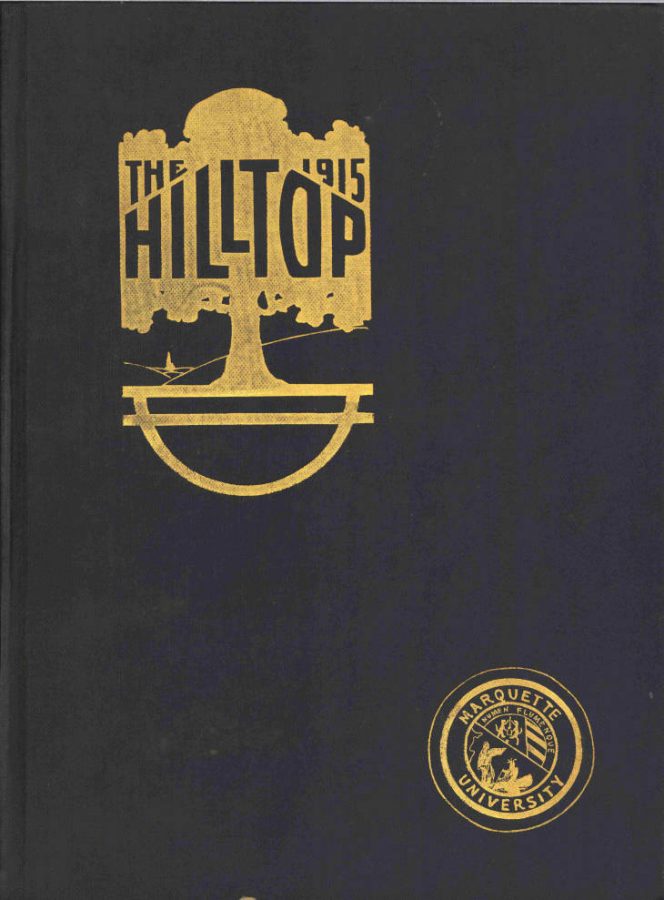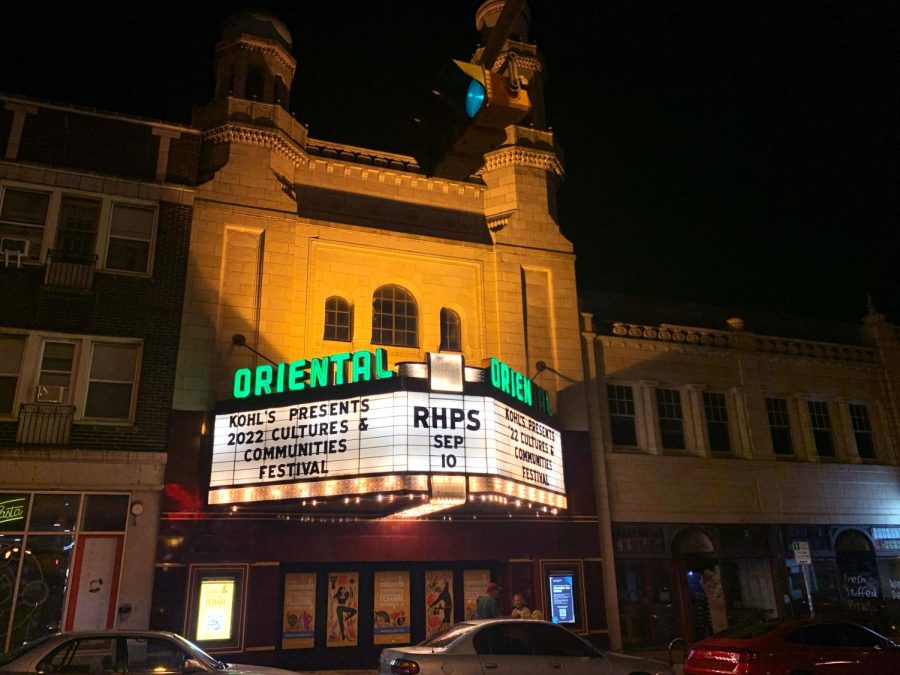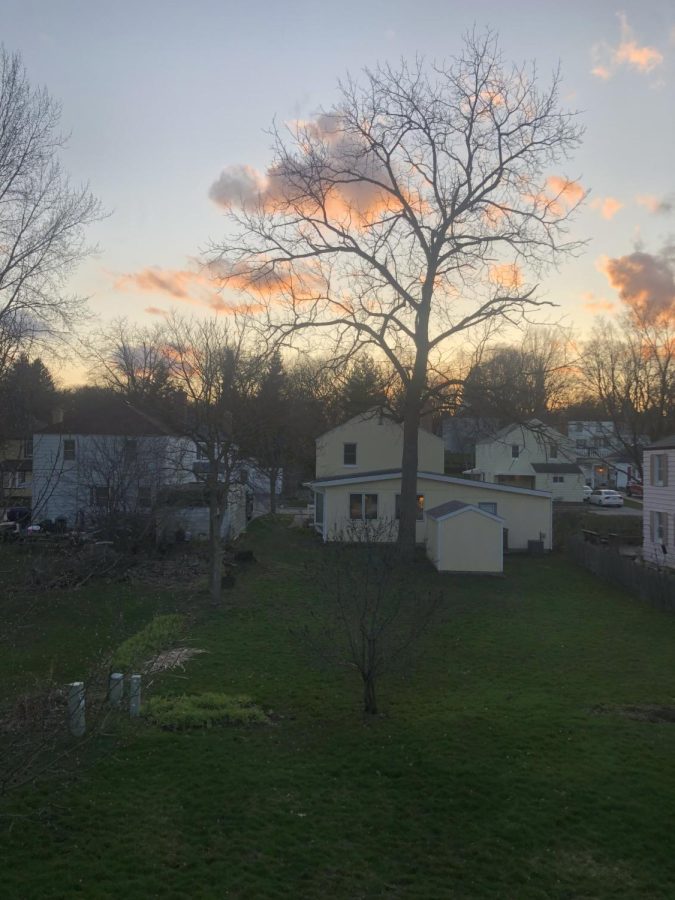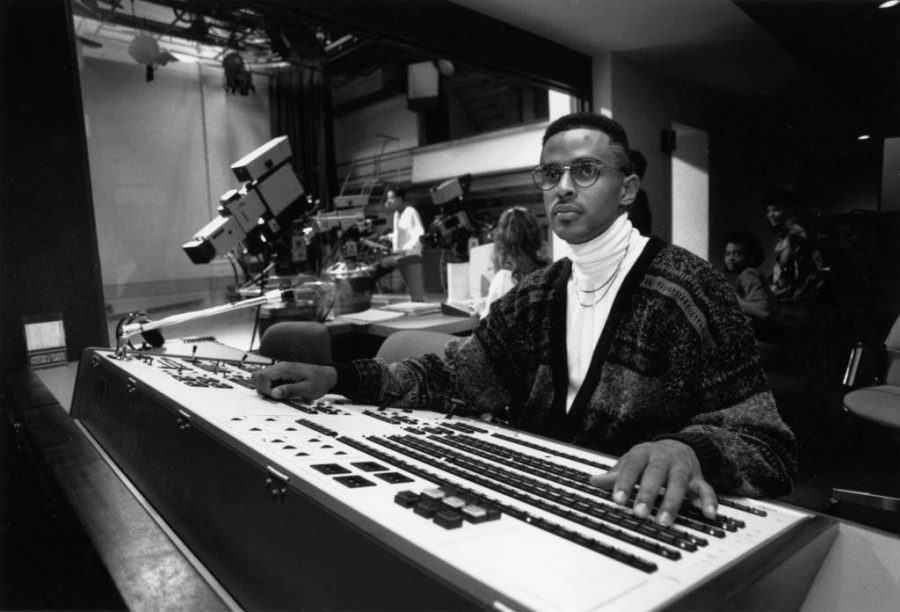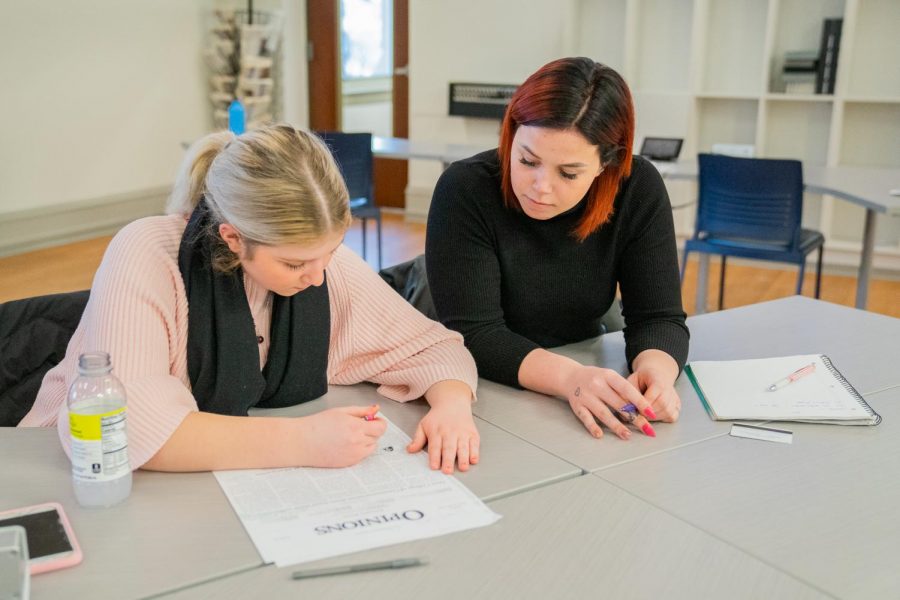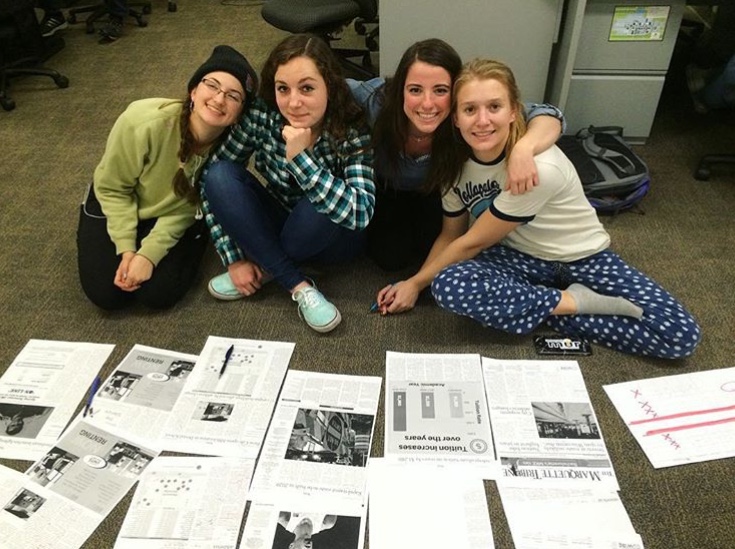Linda Menck, a professor in the College of Communication, remembers a time when the university’s newsroom had no computers, just a rickety old typesetting machine prone to malfunctions and breakdowns. It was huge and costly to run, and the Marquette student media used it until well after it was on its last leg.
Every time the typesetter, which was located in the basement of Johnston Hall, broke down, the publication of student media content was jeopardized. This was a somewhat regular risk for the Tribune, which was being published multiple times a week at that point. But failure to publish the Hilltop, Marquette University’s yearbook, would have resulted in a crisis.
The Hilltop was a year-long project that chronicled an entire year of the Marquette experience in a single publication. It emphasized the experiences of the graduating class and included a section for senior portraits. Profiles on notable students and faculty members were also often incorporated into the publications. Additionally, photos related to sports, clubs, community events and other elements of campus life were featured throughout each edition.
In addition to Marquette-specific content, news articles and other descriptions of important local, national and sometimes international events were published in each edition of the Hilltop. This content was often organized into a section of the yearbook titled “Year in Review.” Some could say these inclusions make the Hilltop comparable to a history book.
With this in mind, Menck holds that the end of its publication was a great loss to the Marquette community.
“(The Hilltop) is a curated collection of historical moments, and curated by students — not by the administration, not by faculty,” Menck says. “It’s a story. This is a different type of story, a story of the history of the institution. And I feel like that’s a missing piece.”
First published in 1915, the Hilltop survived a pandemic, two world wars and the Great Depression only to meet its end in 1996. The cause, Menck says, was an “imperfect storm” of problems.
Menck was the advertising advisor for the student media department from 1989 to 1999, and earned a Master’s degree in Advertising and Public Relations from Marquette in 1997. Her position as advertising advisor gave her a unique insight into the evolution of the Hilltop as well as the circumstances that ultimately brought about its end.
Foremost among these, Menck says, was the fact that publishing the yearbook was a huge undertaking. Completing senior portraits alone was a logistical nightmare and a process that took weeks to carry out.
Additionally, the Hilltop had its own staff with editors, photographers and reporters, many of whom needed to be paid. The editor-in-chief, an increasingly difficult position to fill, was responsible for keeping up with several very important and inflexible deadlines. Menck says failure to keep up with these deadlines risked not publishing the yearbook in time to be distributed to students.
And Menck remembers the distribution process itself often being a disaster. Students would regularly forget to pick up their yearbook, which would require them to be mailed to students’ permanent addresses. This was a very costly process, and sometimes students would not even bother to have their yearbooks mailed to them. Menck recalls how heartbreaking it was to see unwanted yearbooks thrown into the dumpsters knowing all the money and effort that was put into making them.
Aside from the difficulties associated with making the yearbook, selling the Hilltop and making its publication a financially viable undertaking became nearly impossible.
“We saw an increase in the cost to put the book together and a decrease in the number of people purchasing it,” Menck says. “That was part of the slow and steady demise of the Hilltop.”
The revenue needed to fund the yearbook’s publication came from student purchases of the Hilltop. But student interest suffered a steady decline in the latter years of the twentieth century. Menck suggests the popular enthusiasm for high school yearbooks simply did not carry over to college. As interest declined, so did purchases, and eventually its publication stopped being financially possible.
Menck’s speculations about why student interest declined seem consistent with the attitude of certain Marquette students, including Yasmeen Atta, a senior in the College of Nursing.
Atta recalls her high school yearbook fondly.
“It’s something that I still look back on once in a while. It brings back old memories,” Atta says. “It’s something that’s just nice to have.”
Her favorite part had always been the notes left behind by students and teachers. She feels they are a nice way to commemorate those years of her life.
Atta says she has heard of the Hilltop before and admits that it was an interesting idea. She also says that if Marquette chose to resurrect the tradition of publishing a yearbook, she would consider purchasing one.
Despite this, she says she believes yearbooks are more appropriate for high school, not college.
“I just see a yearbook as something that’s kind of specific to someone’s high school experience,” Atta says. “Whereas college is just so much more, so much more happens.”
Atta is not convinced that an entire year of the college experience can be comprehensively narrowed down to a single book.
Menck does not share this sentiment. While she was still a member of the Student Media Advisory Board, she spoke up several times about resurrecting the Hilltop in some capacity, even if it were all digital, as we finally have the tools for it.
“I kept bringing up, ‘Why are we not doing something now? Why aren’t we having an online Hilltop?’ And not just me, others were raising this question as well because we have the technology in place now,” Menck says.
Menck says it would not need to be an entirely independent publication. Content could be borrowed from the Marquette Tribune and the Marquette Journal.
Ana Garner, chair of Journalism and Media Studies, began working at Marquette in 1992 while the Hilltop was still being published. Since then, she has served as a faculty member, associate dean for graduate studies and research and interim dean of the College of Communication twice over.
Garner says she believes one of the most valuable things about any yearbook is the ability to personalize copies with signatures and notes from friends and teachers.
“Part of the fun of having a yearbook is walking around with your yearbook and getting messages from your friends,” Garner says. “It’s a way of saying ‘I want a piece of you.’”
Garner says an online version of the Hilltop would be an interesting option to consider. But going that route would take away a lot of the value that yearbooks traditionally have because there would be no way to personalize it.
Nonetheless, Garner still believes there is an implicit value to yearbooks that exist regardless of their format.
“Things like yearbooks serve as a way of codifying a community or a generational experience as seen through the eyes of the people creating it,” Garner says. “They’re telling a story about Marquette.”
This story was written by Charlotte Ives. She can be reached at [email protected].

